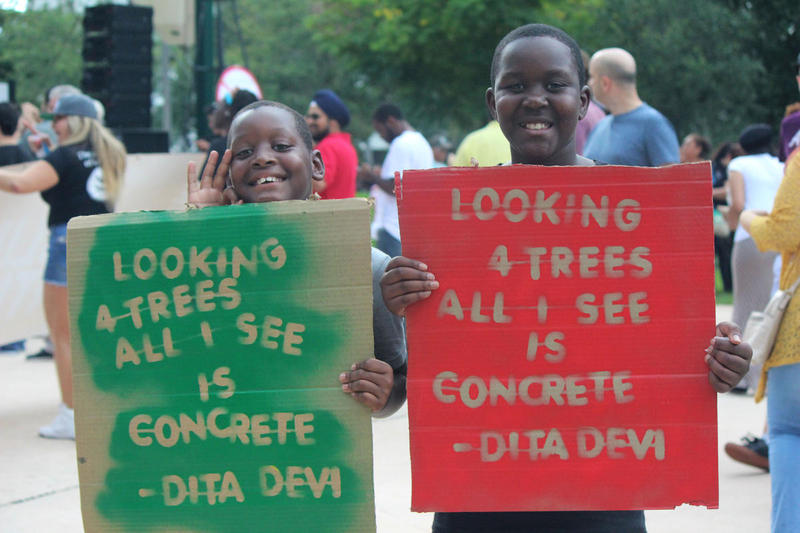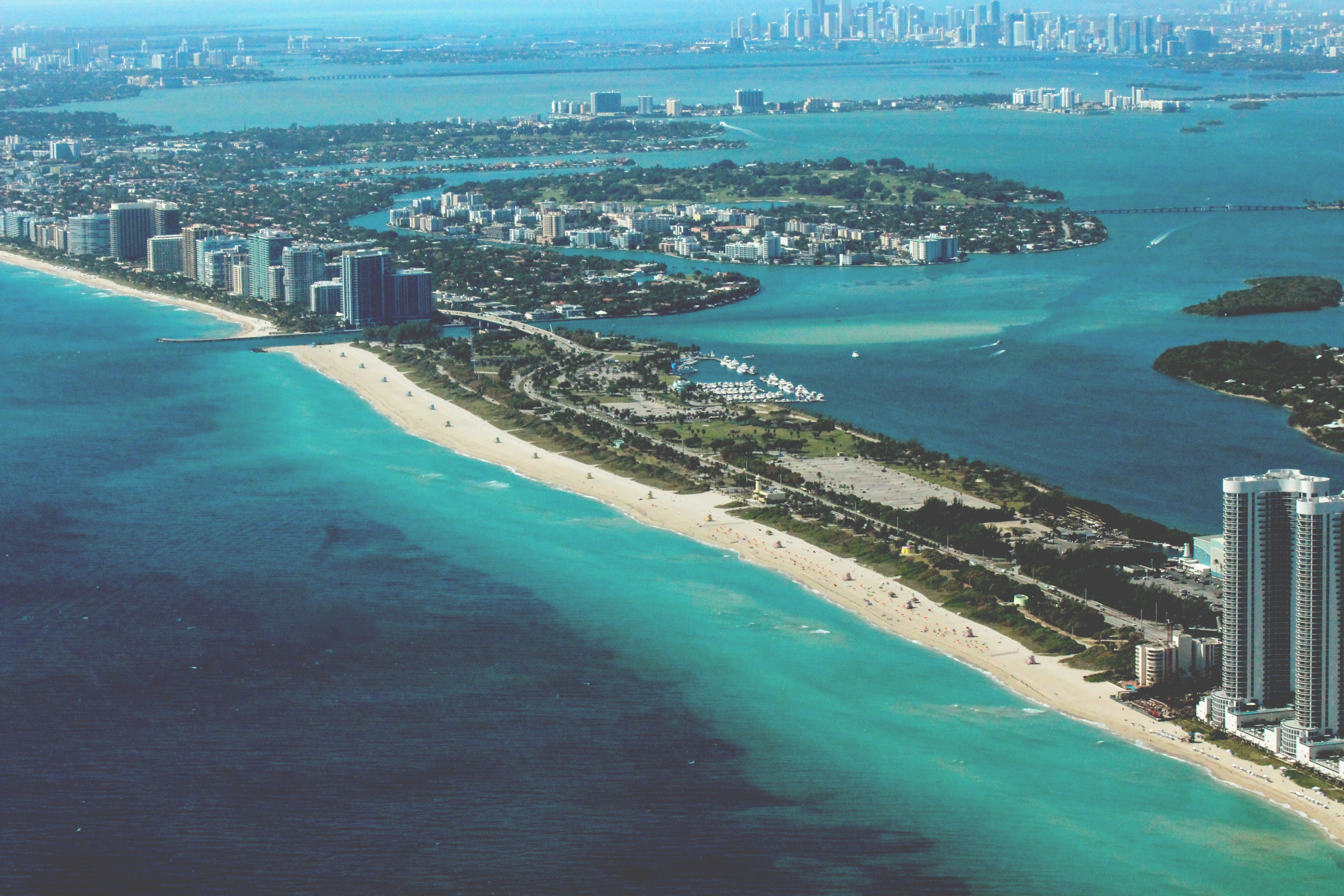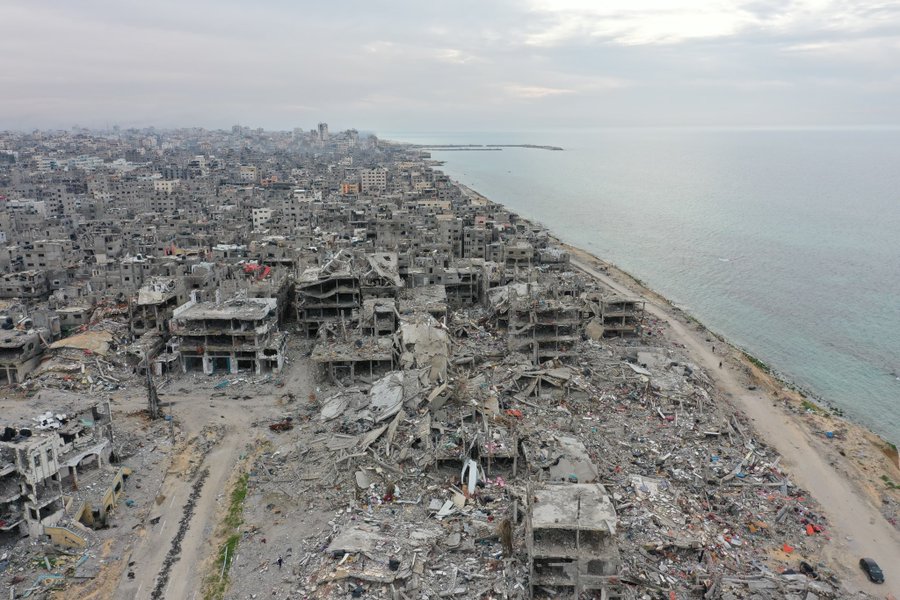The Politics of Climate Change
During the 2019 Social Good Summit, Marine Biologist Dr. Ayana Johnson, Physicist Dr. Kate Marvel, and political strategist Rania Batrice discussed the next generation of climate leaders. The panelists stressed that future leaders will have to navigate the consequences of how climate change will unequally impact certain populations. Future leaders and scientists will have to separate themselves from their own pre-existing biases in order to dole out policy solutions to those who most need support.
Dr. Marvel explained that part of her own difficulty comes from her training as a scientist and her inclination to view political decisions—or as she describes it, the decision-making process behind “who gets what,”—separately from her work. She explained that world governments currently frame climate solutions as a balance of “adaptation, mitigation, and suffering.” Like Batrice, activists often take it upon themselves to call out policies which unfairly place the burden of suffering on groups that don’t have the resources to protect themselves.
The panel moderator, Dr. Johnson, mentioned the policy of “managed retreat,” which is often difficult to sell to the public because it comes with an implication of ‘loss.’ Dr. Johnson refuted that idea, saying that, in practice, managed retreat just means protecting what already exists, while moving new developments away from the coastline. She used new shoreline construction in Miami as an example to explain why climate policy without the framework of planned retreat is problematic.
Dr. Johnson explained that landlords who manage these Miami developments will soon have to mitigate the effects of climate change on their properties, using limited resources to protect investments that never should have been made in the first place. Furthermore, by continuing to allow shoreline development, local governments are creating financial incentives for city businesses and stakeholders to engage in overt climate denial.

These financial incentives relate to Dr. Marvel’s earlier point regarding negotiating suffering. Marvel stated that our current laissez-faire economic model ensures that only landowners with the resources to protect themselves from the effects of climate change will be able to avoid suffering.
The criticism that Dr. Johnson made of shoreline developers is not exclusive to Miami. Other coastline populations, such as Atlantic City, have experienced increased inequality due to flawed climate solutions.
In the New Jersey casino haven, climate mitigation structures almost exclusively protect the sites that attract tourists, such as outlet malls and the boardwalk, at the expense of the city’s highly populated working-class areas. As a result, the residents suffer from some of the country’s worst high-tide flooding. Ultimately, the goal of scientists and policy experts on this panel was to make sure that underserved communities are not left behind when the federal government starts taking climate change seriously. They are committed to making sure that everyone has a seat at the table.
Noah Berkowitz studies Political Science and Anthropology at Arcadia University. He is interested in food justice, has worked at a watershed agency, and is hoping to work in political communications. He lives outside Philadelphia and is on the board of his school’s sustainability organization.




